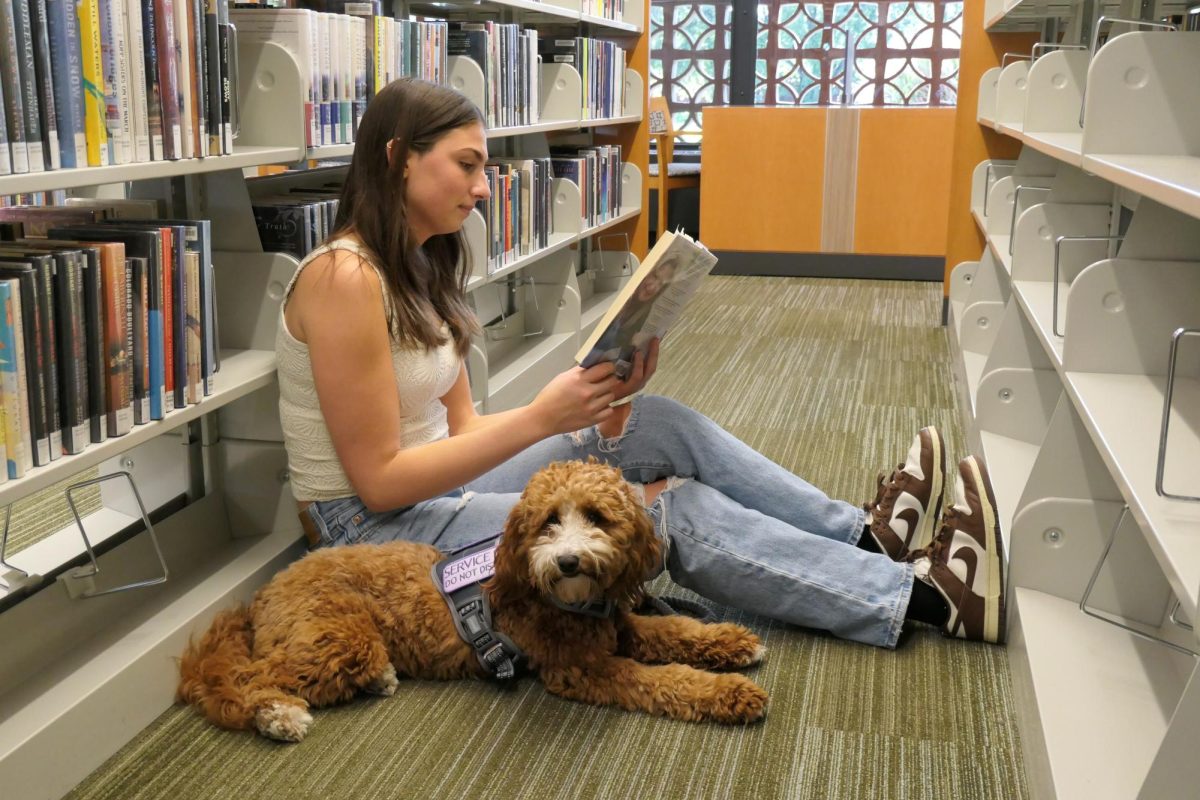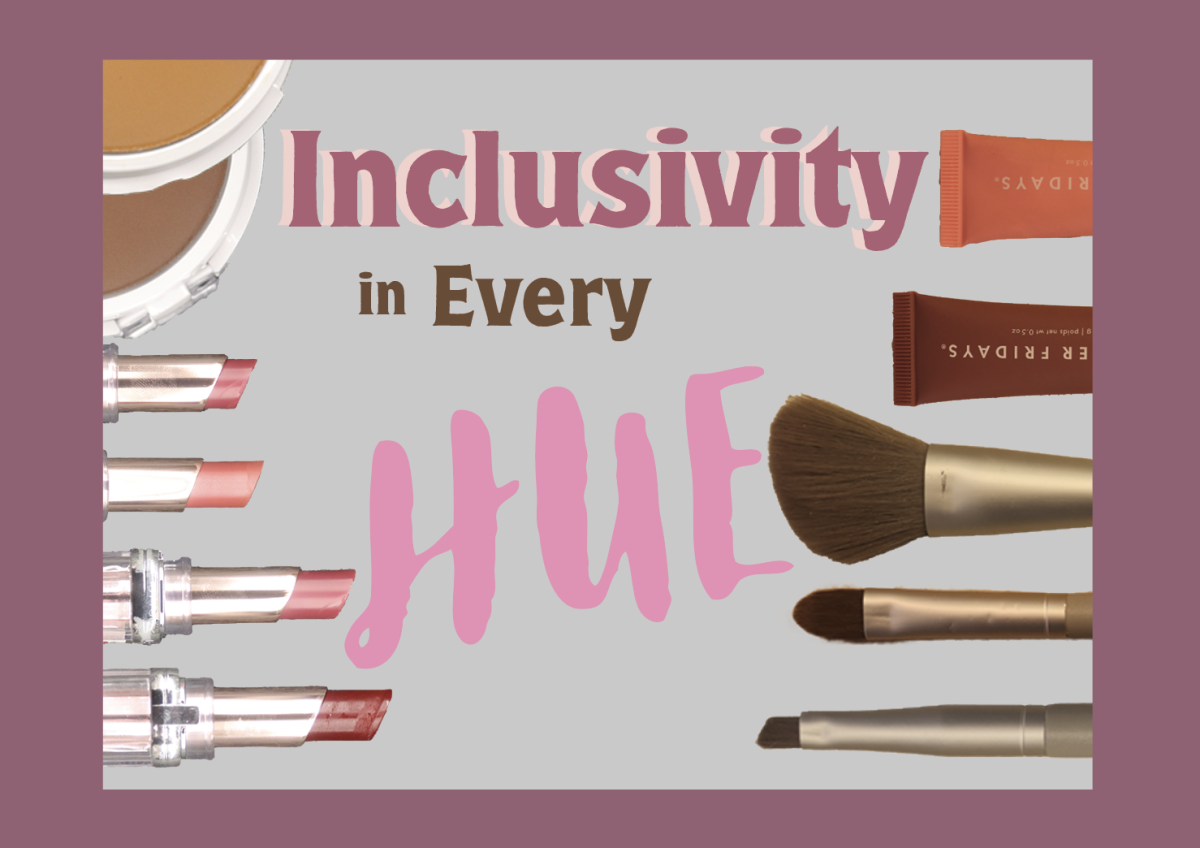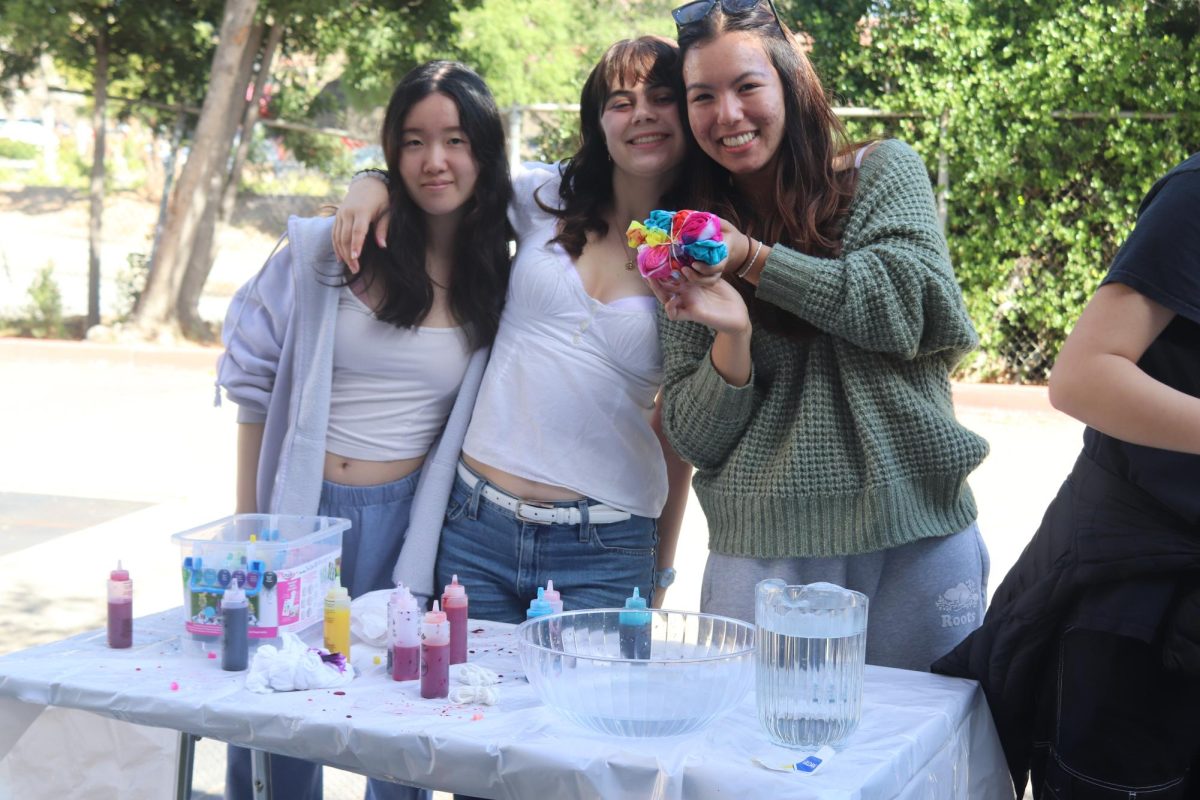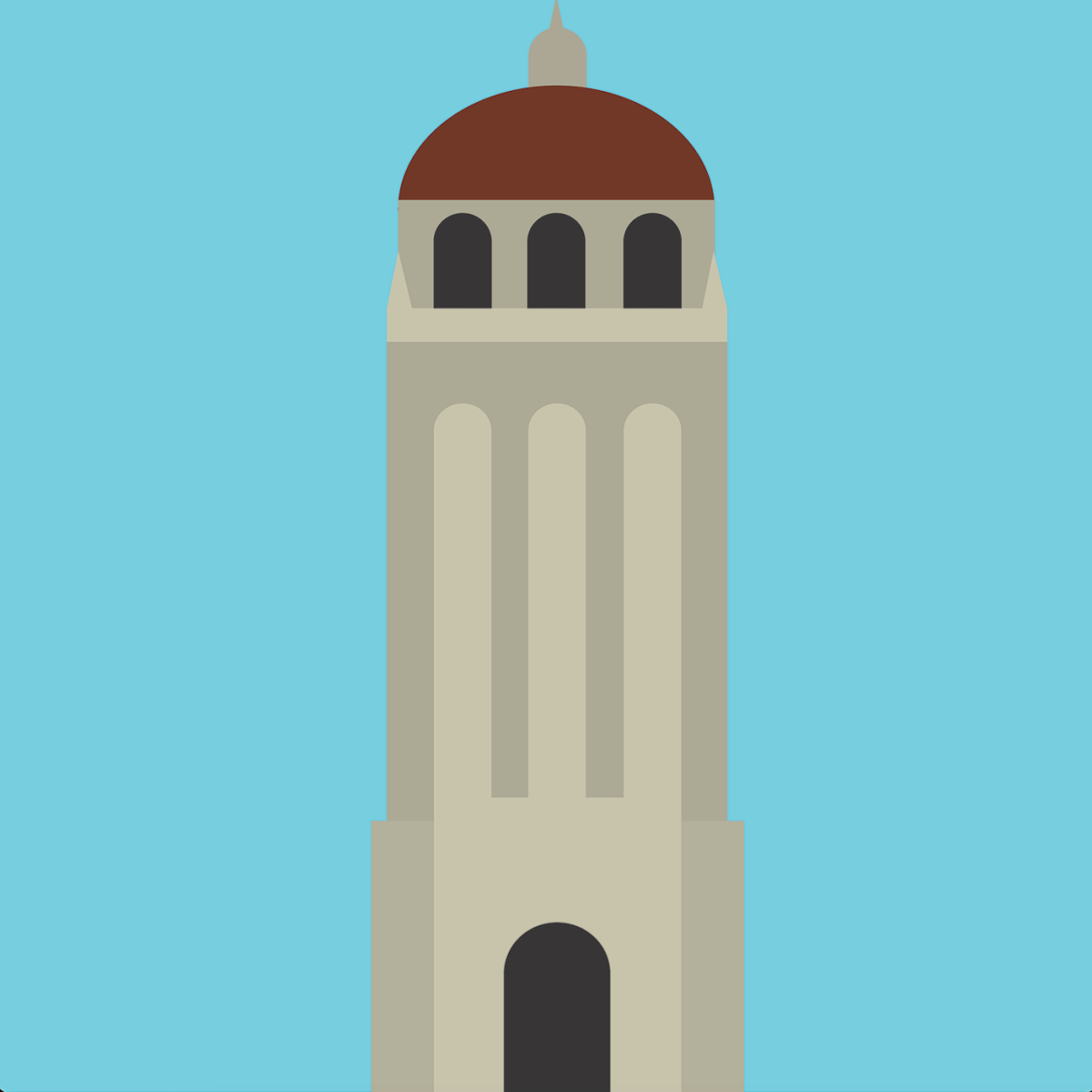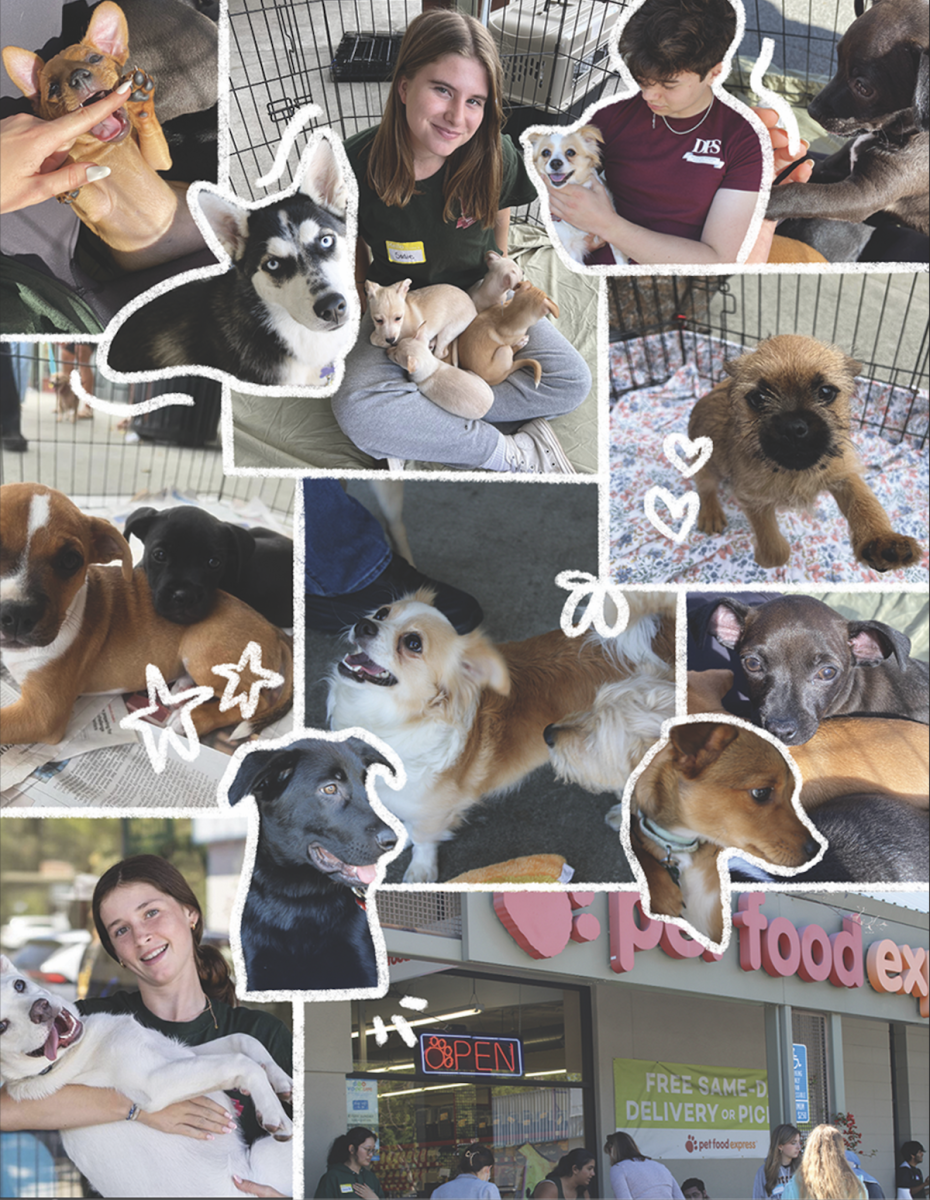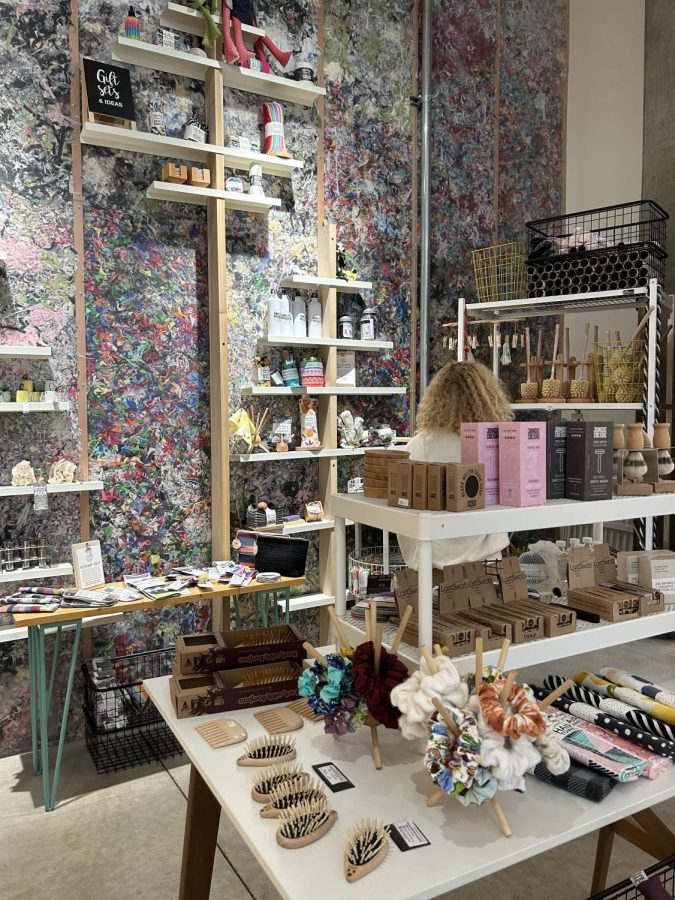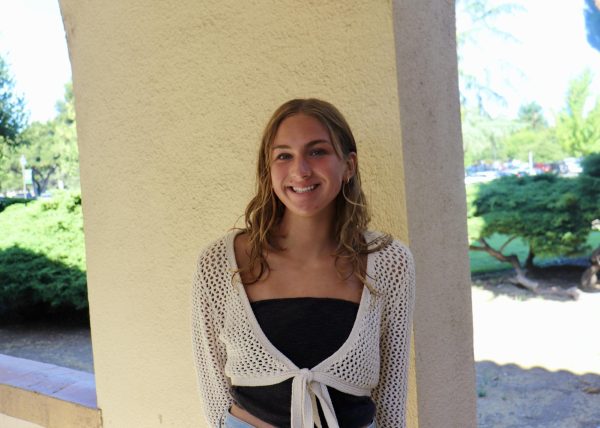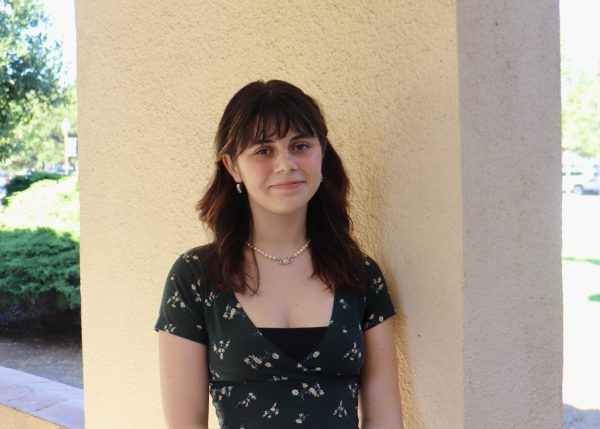For the longest time, I never understood why my older sister, Sophia, seemed to brush off my enthusiastic book recommendations. While I could lose myself for hours in the vivid worlds painted by the pages, for Sophia, those same letters seemed to play a relentless game of hide and seek with her mind, forcing her to painstakingly decipher each syllable. You see at the time I didn’t know but Sophia has dyslexia and dyspraxia— learning disabilities that impede specific language skills like reading, spelling and fine motor skills.
Thinking back to our childhood, I recall a whirlwind of emotions that came with her initial dyslexia diagnosis as she went into second grade. There was a sense of relief that accompanied finally being able to put a name to the obstacles she faced, but that relief was quickly overshadowed by a flood of uncertainty as a new path began to unfold before her.
Growing up alongside Sophia and witnessing her conquer a world designed for the neurotypical, has profoundly shifted my perspective. Now, as a sophomore in college at the University of Oregon, it is clear that dyslexia is just one piece of her unique mind. Alongside it, she was diagnosed with ADHD at 13 and autism spectrum disorder when she was 16.
Being Sophia’s sister has provided me with an unmatched education in resilience that has left an indelible mark on what it means to overcome and thrive. Below is a conversation that Sophia and I had recently reflecting on her growth growing up. Our hope is that sharing this dialogue will foster a greater sense of empathy to neurodivergent individuals in our community.

Q: What was it like getting a diagnosis and accommodations in the PAUSD system?
A: Our parents actually had to get private testing to get the initial diagnosis because, at the time [2012], my elementary school did not offer the tests to properly be diagnosed. I was already so behind in my learning and fine motor skills. It started with me getting pulled out of the main classroom to go work privately or in small groups in the ‘Resource Room,’ where a teacher had me go through a specific reading program. Sometimes I was glad to be pulled out, because it felt overwhelming to be in a class where I felt I was putting in triple the effort as my peers with zero results. Whether it was a simple spelling test or silent reading time, I could never keep up. However, at other times, getting pulled out of the classroom was disappointing because I was constantly missing out on time with my peers. In second grade, I started doing private outside-of-school tutoring which used the Slingerland method, which is a multisensory approach to learning aimed at teaching language to dyslexic students. When our parents figured that I really wasn’t able to learn in a traditional setting, they started looking for alternate schools. I ended up having to transfer out of the public school system, where I then attended different private schools that had a learning assistance department and specialized in the Slingerland method.
Q: You switched back into PAUSD to attend Greene Middle School in seventh grade. What was your experience coming back into an environment where being neurotypical is the norm?
A: The first emotion that comes to mind to describe the transition is overstimulation. I was coming from a super small school where all of my peers were neurodivergent like me, so I was in this bubble of understanding. Being around people who are like me and having teachers that were more prepared and understanding of our needs was a small glimpse of paradise that was unfortunately unrealistic to my future learning environments. Public school is fast [and] they are on a strict schedule. Falling behind was not an option because the student-to-teacher ratio was so different. It took me double to triple the amount of time to do my homework, filling out worksheets and taking physical notes felt foreign and overall the way the classrooms operated was different. Students were not as understanding and I think they often got annoyed during group projects when I needed more time to complete my part. I think the most frustrating experience was when we would share a Google Doc and a student from my group would follow my cursor on the page, immediately changing the spelling errors. Obviously, they had good intentions trying to edit the page but they never understood how belittled it made me feel to not be able to properly contribute my thoughts in the project.
Q: One of the qualities I admire most about you is the way you have learned to advocate for yourself. Can you share some moments where you stood up for yourself to help others see your perspective?
A: I think one of the most obvious moments was when I performed a self-written poem in front of the entire eighth grade highlighting my dyslexia experience. Reflecting back on it now, it really was just encapsulating my experience as someone who is neurodivergent, and a lot of that poem spoke to things I experienced as someone with autism, although I was not diagnosed yet. I found my voice within poetry… because I can more freely speak my mind. It was one of the first times that I was not criticized by my teachers for my writing. That experience in itself really empowered me to start to find my own voice.
Our parents are constantly saying, ‘You are your own best advocate,’ and I have really taken that to heart. As I have gotten older, I realized that I am truly the only person that knows how my brain works, so expressing my needs and sharing my perspective was necessary for me to be successful. If I had not advocated for myself, it is very easy to fall through the cracks; meaning it is very easy to fall behind and just get pushed through the school system, barely scraping by but not truly making the most of my education. I realized that although my work may not be as neatly written or done in the “normal” timeframe, I am just as capable as my neurotypical peers, and that although my brain works differently, I have good ideas and I am smart.
I am truly the only person that knows how my brain works, so expressing my needs and sharing my perspective was necessary for me to be successful.. — Sophia Henderson
Q: How has your experience been different in college?
A: High school was really difficult for me, but going to college, I found people and a community that I could, in a sense, start fresh with. Being able to fully be myself, I was, for the first time, able to thrive academically due to the support I was getting and [finding] what works best for me. This largely came from trial and error in high school. I think as a lot of neurodivergent students know, it is really hard to learn [about] things that you are not passionate about. That’s not to say you aren’t interested in learning new things, but now having the freedom to take classes that truly relate to what you want to do and the things you care about makes me so much more motivated to learn. I am so happy that I am able to combine my interests as a sociology major with my passion for disability studies by minoring in it. I was really lucky to find a school, thanks to my parents and case managers at Paly, that has a strong academic support system, and it was a really important factor in my college admissions process.
Q: Do you have any words of advice for a struggling neurodivergent student?
A: I would pass on the same advice as I heard which is: be your own best advocate. Don’t be afraid to be pushy because it is not always easy to get what you need. The world is not as small as high school, and there is always a way for you to find your people. Luckily enough for me, I found my people and place in college.
Q: What do you wish neurotypical people could understand about you and/or the neurodiverse community?
A: Everyone’s brains are different. Look to meet people who think differently than you, and use that experience to better understand what that person is going through. I think people need to [focus on] being more patient with their peers, finding a way to include everyone and being empathic towards the fact that not everyone has the same path forward.
perspective ready for master


